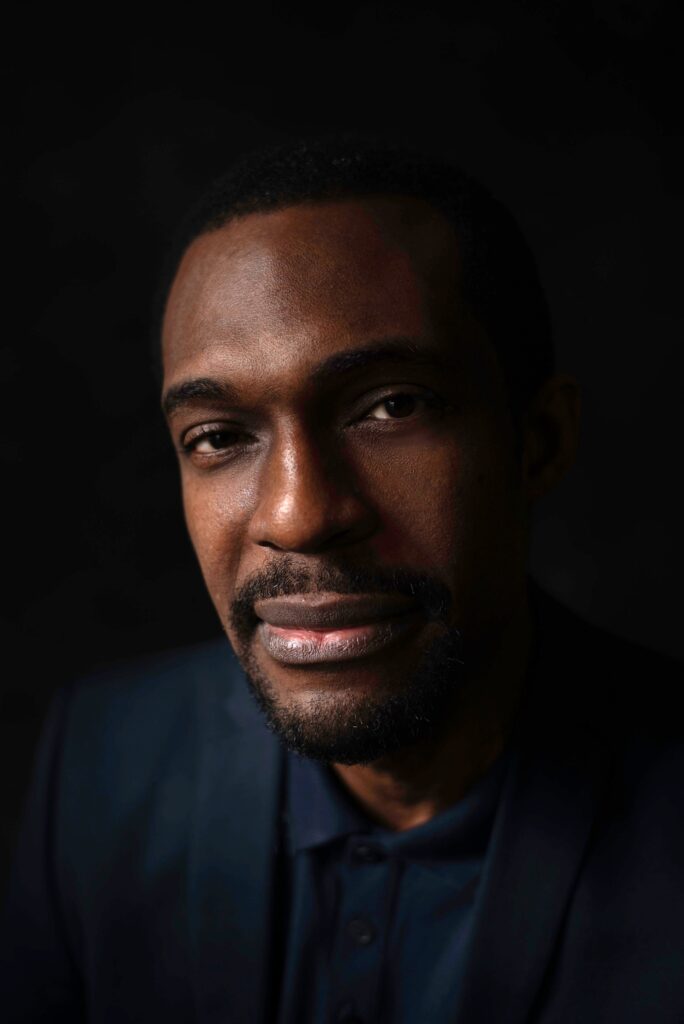You’ve seen it —the slow corruption of noble professions into something barely recognizable. You’ve watched as industries designed to serve humanity have slowly morphed into self-serving machines. Healthcare that bankrupts the sick. Education that saddles students with crushing debt. Financial institutions that prey on the vulnerable instead of empowering communities. Legal systems that protect power rather than pursue justice.
Often, not all of these systemic erosion across sectors are a result of inefficiency or bureaucracy. Sometimes, you are facing something deeper—a systematic spiritual corruption that has invaded these spaces. You’ve encountered the doctor who views patients as walking revenue streams. You’ve witnessed educators who measure success only in tuition dollars. You’ve seen bankers who target vulnerable neighborhoods with products designed to extract rather than build wealth. The distortion cuts to the core. tosses conscience to the side in a way that makes us wonder.
This distortion is precisely why your role as a Christian in these spaces matters so profoundly. Like Daniel in Babylon’s courts or Joseph on Pharoah’s Cabinet, you have the opportunity to be an arbitrator between what is and what should be. Not by standing on some self-righteous soapbox, but by demonstrating a different way of doing things through unwavering integrity that challenges the corrupted norms around you.
In Ezekiel 22:30 where God seeks someone to “stand in the gap,” suggesting a divine calling to intercede in broken systems. Refuse to view your profession as merely a career. See it as a battleground where darkness has gained ground and where your presence as light matters. When you practice law with justice as your true north, you disrupt a system that often prioritizes winning over truth. When you provide healthcare that honors the divine image in each patient, you help restore medicine’s soul.
You didn’t land in this compromised industry by accident. Like Esther, you’ve been positioned “for such a time as this”—not just to resist the corruption, but to actively stand in the gap, creating space for transformation in places suffocating in darkness.

